The scrap panel, one of the important sessions of Steel Summit 2025, shed light on the supply and trade dynamics of scrap, the basic raw material of the steel industry. The panel was moderated by Osman Türeyyen, General Manager of Metkim, and included Ali Sezen, Chairman of Gökova Foreign Trade; Arihant Singhi, Ferrous Business Head of Gemini Corporation; Mete Bülent Adalı, Board Member of Ege Çelik; Tao Bai, Commercial General Manager of EMR, and Viktor Kovshevny, CEO of Ruslom.
In his speech, Kovshevny pointed to the structural changes in Russian ferrous metallurgy after the collapse of the Soviet Union and stated: "During the USSR, the plants focused on the domestic market. Since 1992, the export rate reached 60-70%. However, on the advice of Western experts, Russia turned to the production of semi-finished products instead of high processing. This led to the closure of many enterprises."
Emphasizing that in 2024, ferrous metal consumption will be one of the highest levels in the last 30 years, Kovshevny noted that the domestic market will continue to be a priority in the coming period.
Commenting on scrap prices, Kovshevny stated, "There is a widespread misperception that Russian metallurgists buy very cheap scrap and therefore have a competitive advantage. The real problem is the very high logistics costs. When the whole chain is calculated, transportation costs can be up to 50% of the cost of ferrous metals. Therefore, if we do not take into account the local scrap in the region where the plants are located, scrap prices are at the same level as in Türkiye."
Russia's real competitive advantage lies in its rich natural resources such as iron ore, Kovshevny noted, adding that large plants will continue to depend on primary raw materials. For electrometallurgical plants, he noted that for production based solely on scrap, a scale of 1 million tons is a critical size to remain competitive.
Due to expensive logistics, plants like the one in Iran will have to switch from scrap to primary raw materials such as sponge iron used in electric furnaces, Kovshevny pointed out, adding that new factories for sponge iron production are expected to be built in Russia. He also emphasized the need to develop micro-production formats that work entirely with scrap metal on the principle of “near-consumption production and raw material base” so that expensive logistics costs do not reduce profitability.
Commenting on the impact of sanctions on the metals trade, Kovshevny stated, "Russia, like Iran, is facing financial restrictions. But the companies that remain in the market say that thanks to the sanctions, they have become stronger, developed new ways of working and are now achieving successes that they could not even imagine two years ago. The complexity of global trade has increased, but Russia is able to adapt,".
“Many financial and industrial groups in Türkiye are ready to trade in rubles for products destined for Russia,” Kovshevny added, noting that due to financial restrictions, trade cannot be carried out in dollars or euros, but alternative currencies such as the Turkish lira and the Russian ruble are being used.



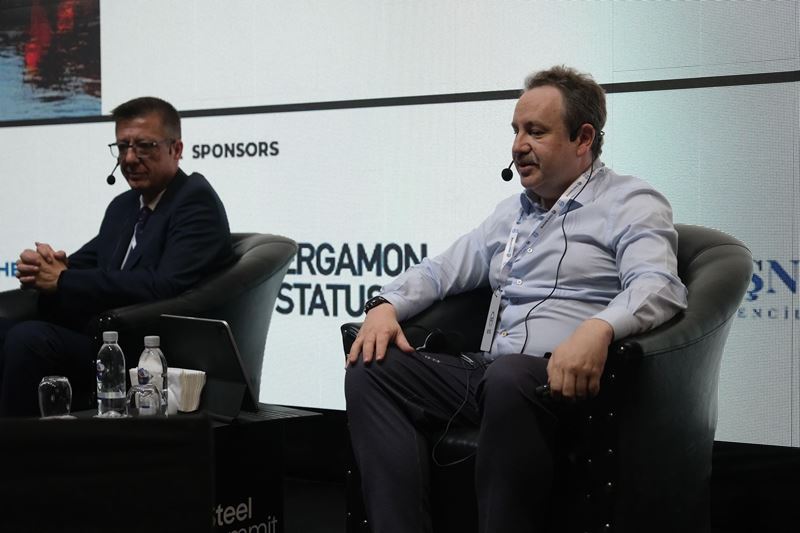

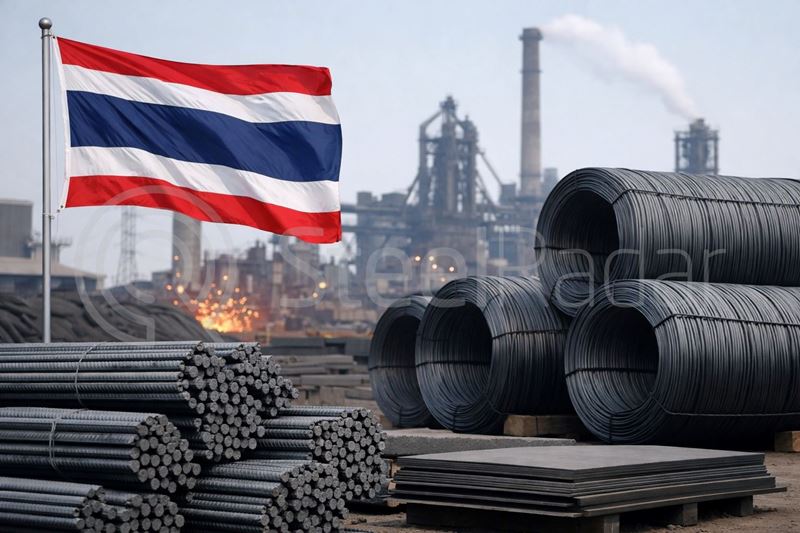
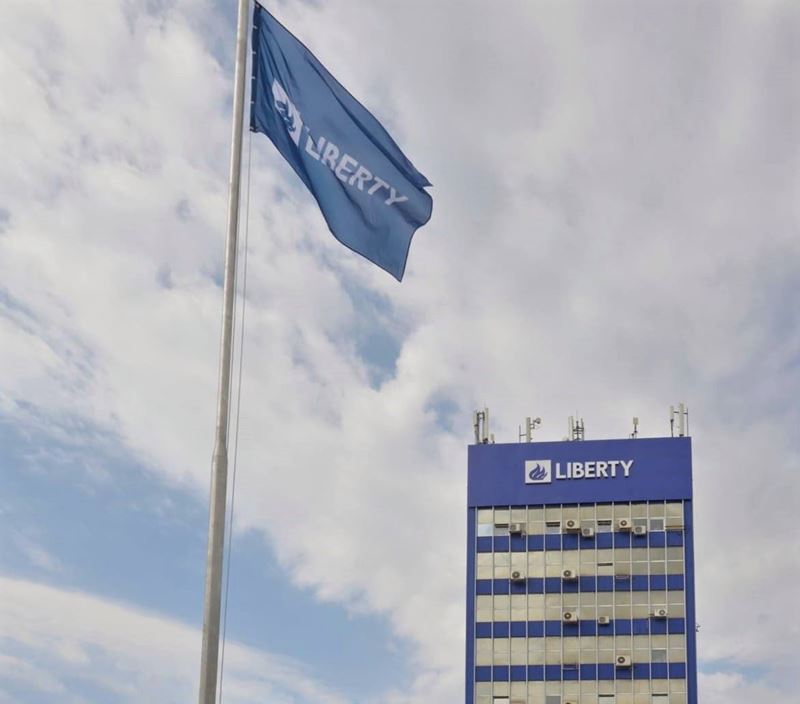
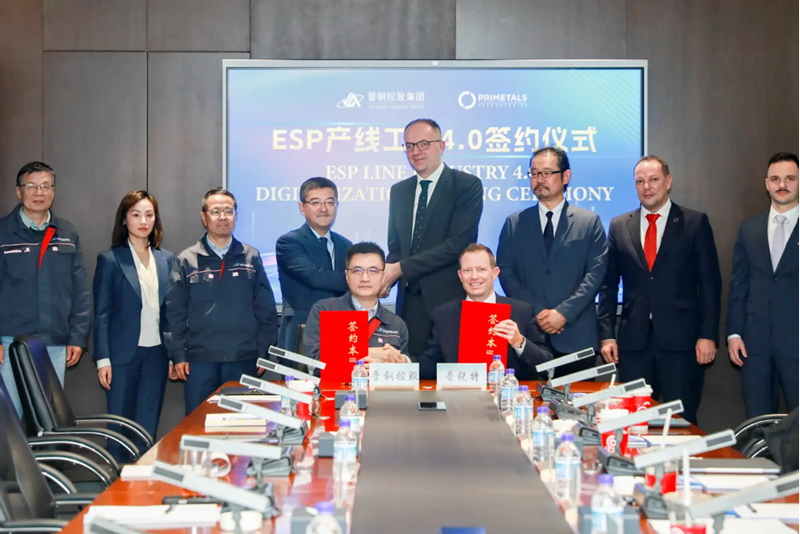
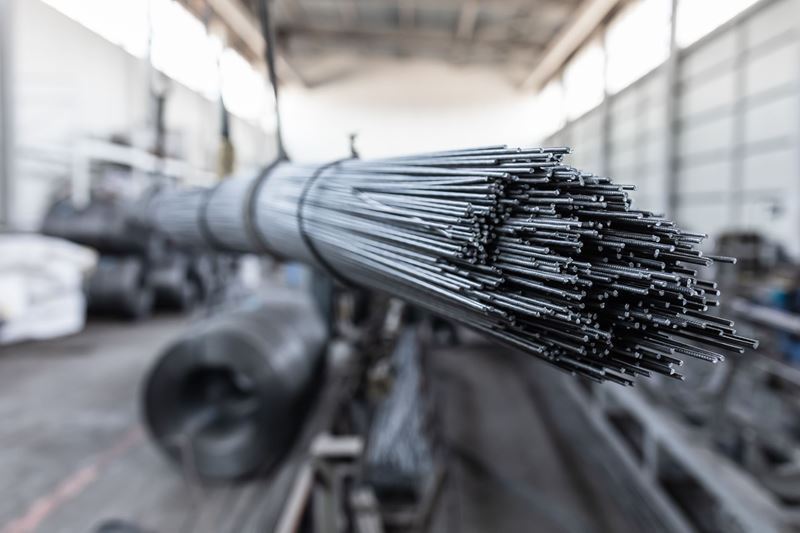


Comments
No comment yet.